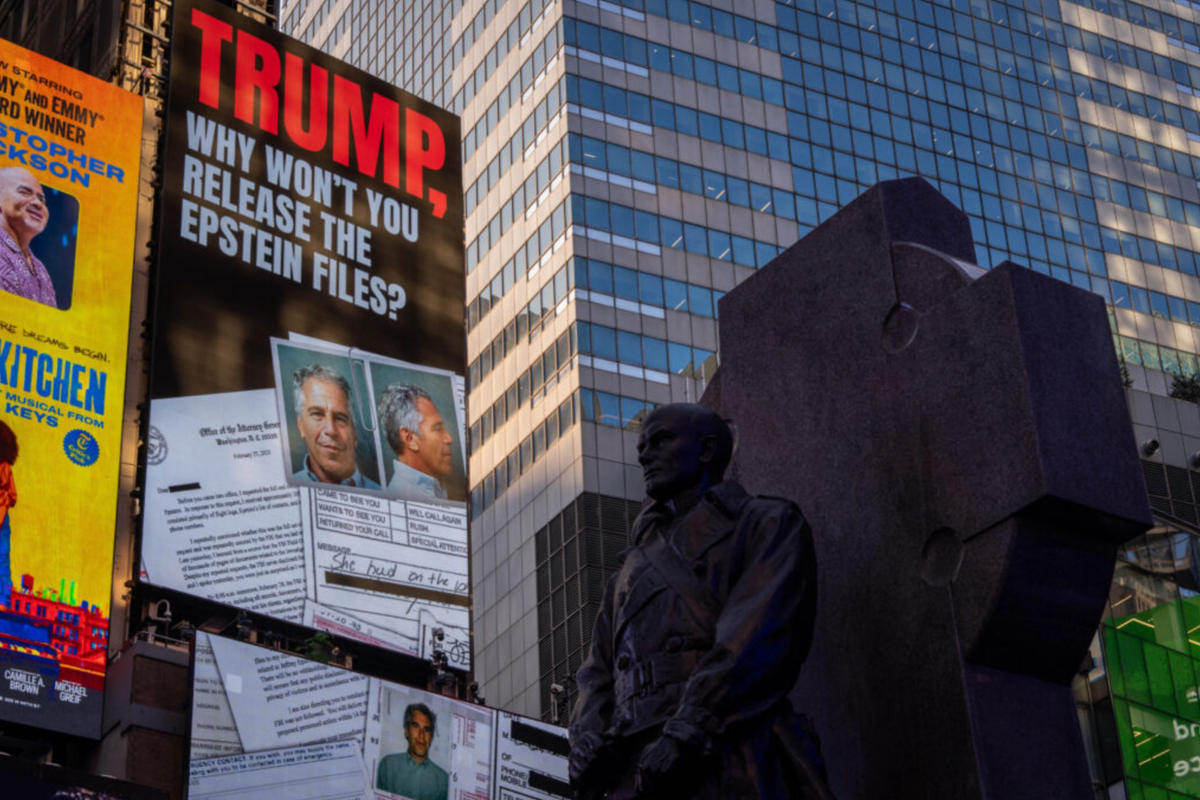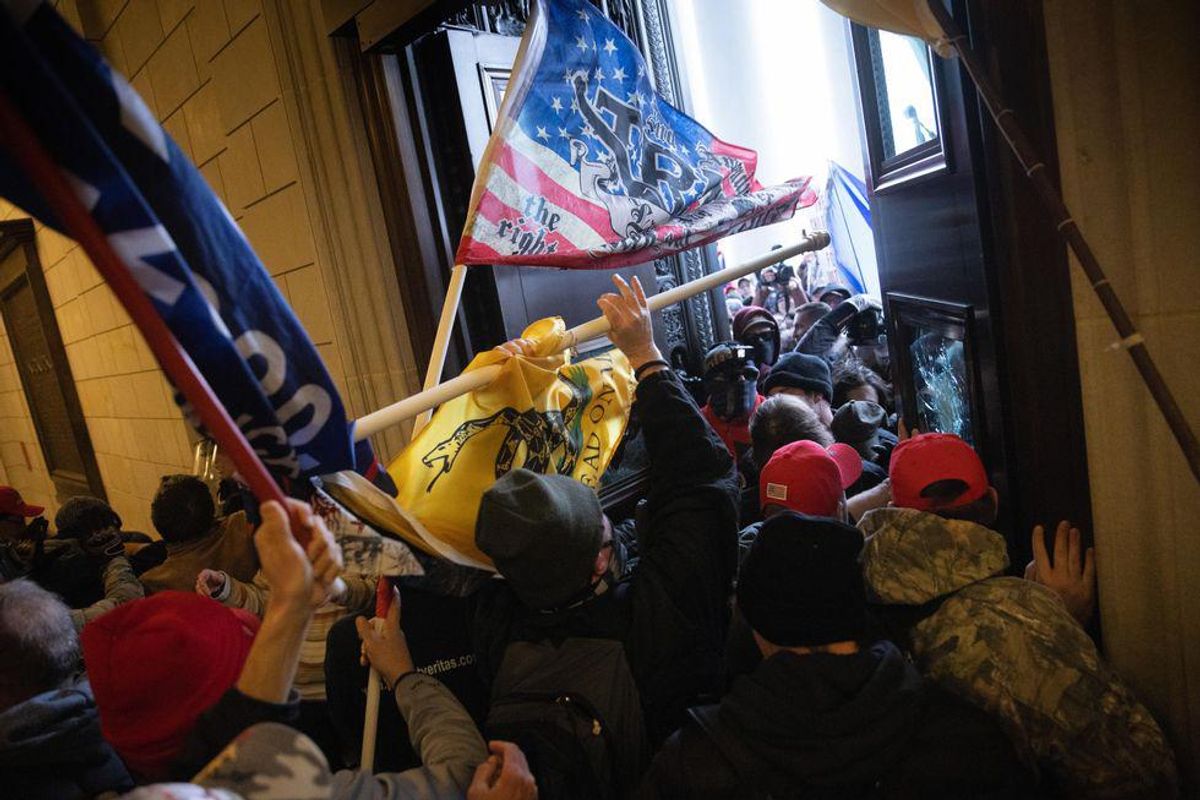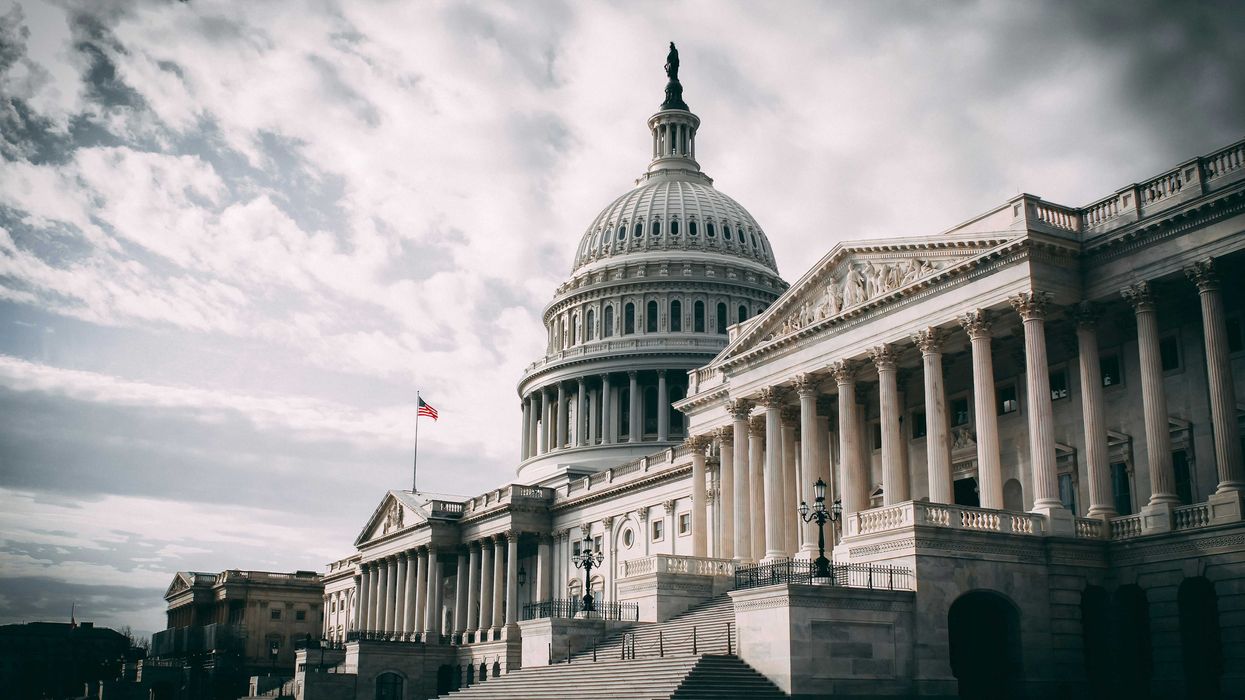The American Constitution Society (ACS) is the nation's leading progressive legal organization, with over 200 student and lawyer chapters in almost every state and on most law school campuses. Originally formed as the progressive response after the Supreme Court's Bush v. Gore decision, ACS was founded on the principle that the law should be a force to improve the lives of all people.
American Constitution Society
By David MeyersJun 05, 2019
David Meyers
David Meyers is the Executive Editor of The Fulcrum. Before launching The Fulcrum, David spent more than two decades at CQ Roll Call, a leading publisher of political news and information. During his time there, David served as managing editor of Roll Call (“the newspaper of Capitol Hill”) and as managing editor of member information and research, which included co-editing the definitive biographical directory of Congress, “Politics in America.” David went on to lead all of CQ Roll Call’s congressional research teams as vice president of research and content development before shifting to a revenue and strategy role as vice president of business operations for Roll Call, working with the advertising and editorial teams to develop new revenue models and expand the company’s events business. David lives in Fairfax, Va., with his wife, two daughters and rottweiler. A graduate of Tufts University, David is a past president of the Tufts University Alumni Association. He is also a past president of the Washington Press Club Foundation, which works to celebrate and advance the role of women and minorities in the media. David currently serves on the board of directors for Temple B’nai Shalom in Fairfax Station.





















